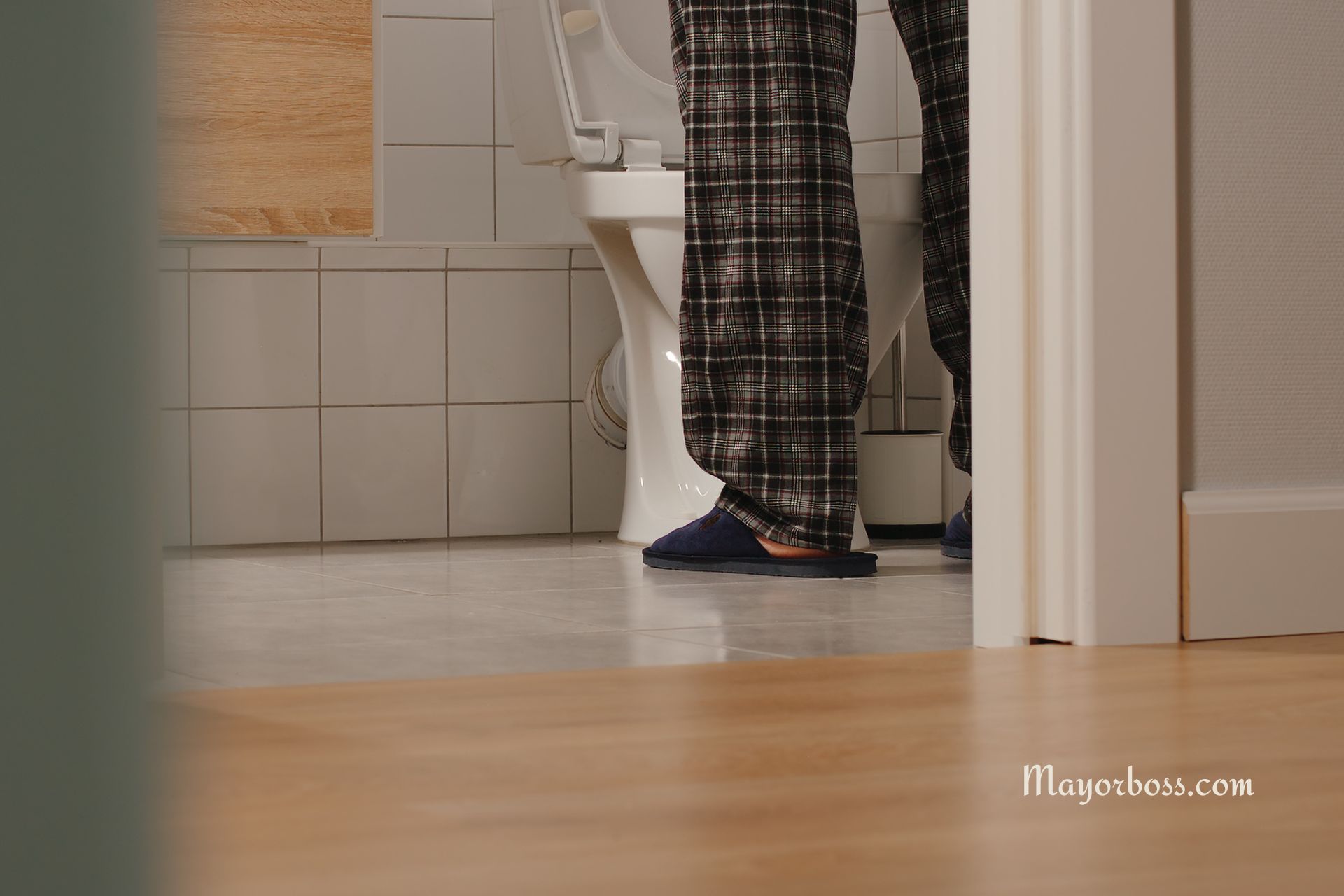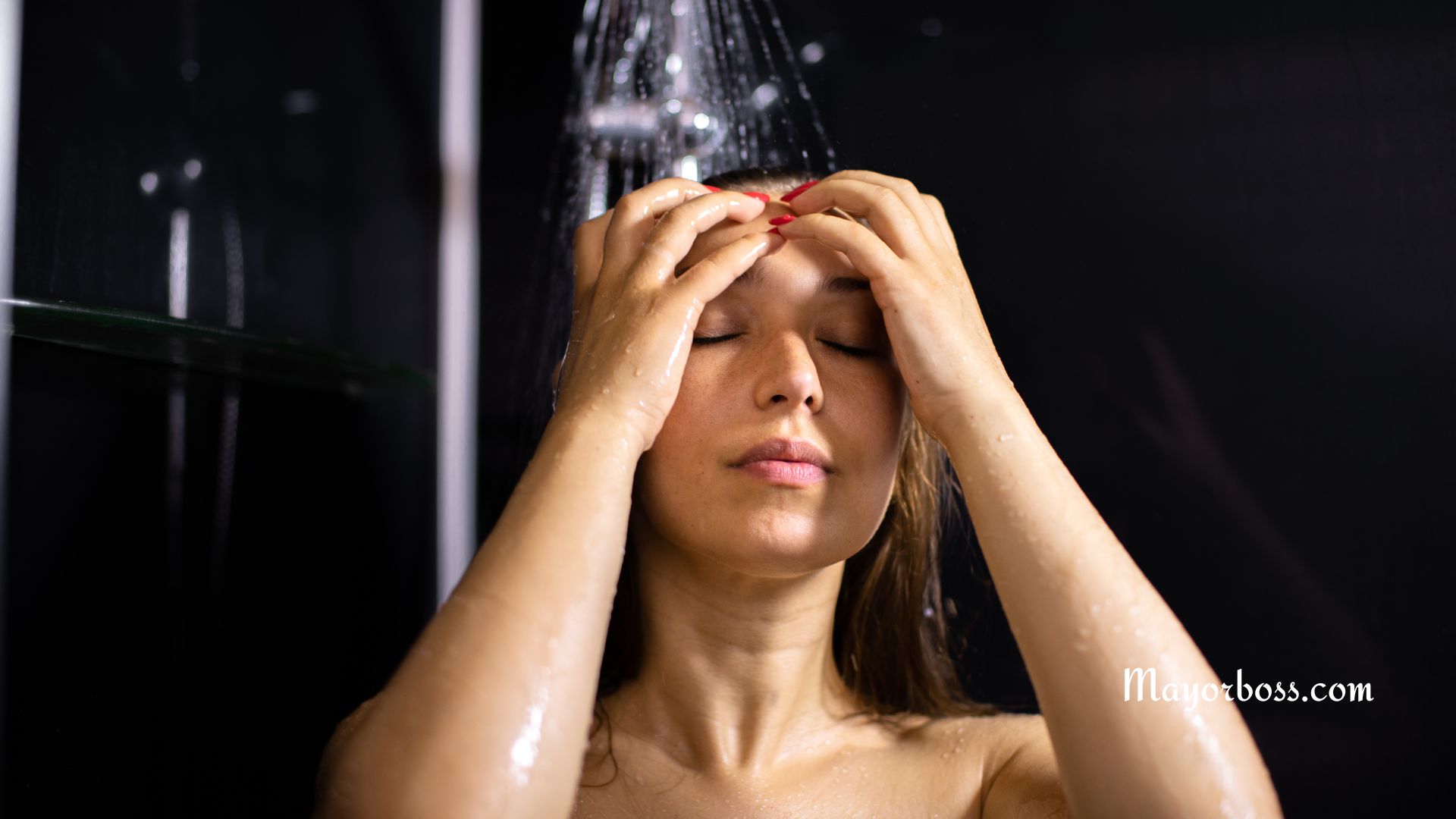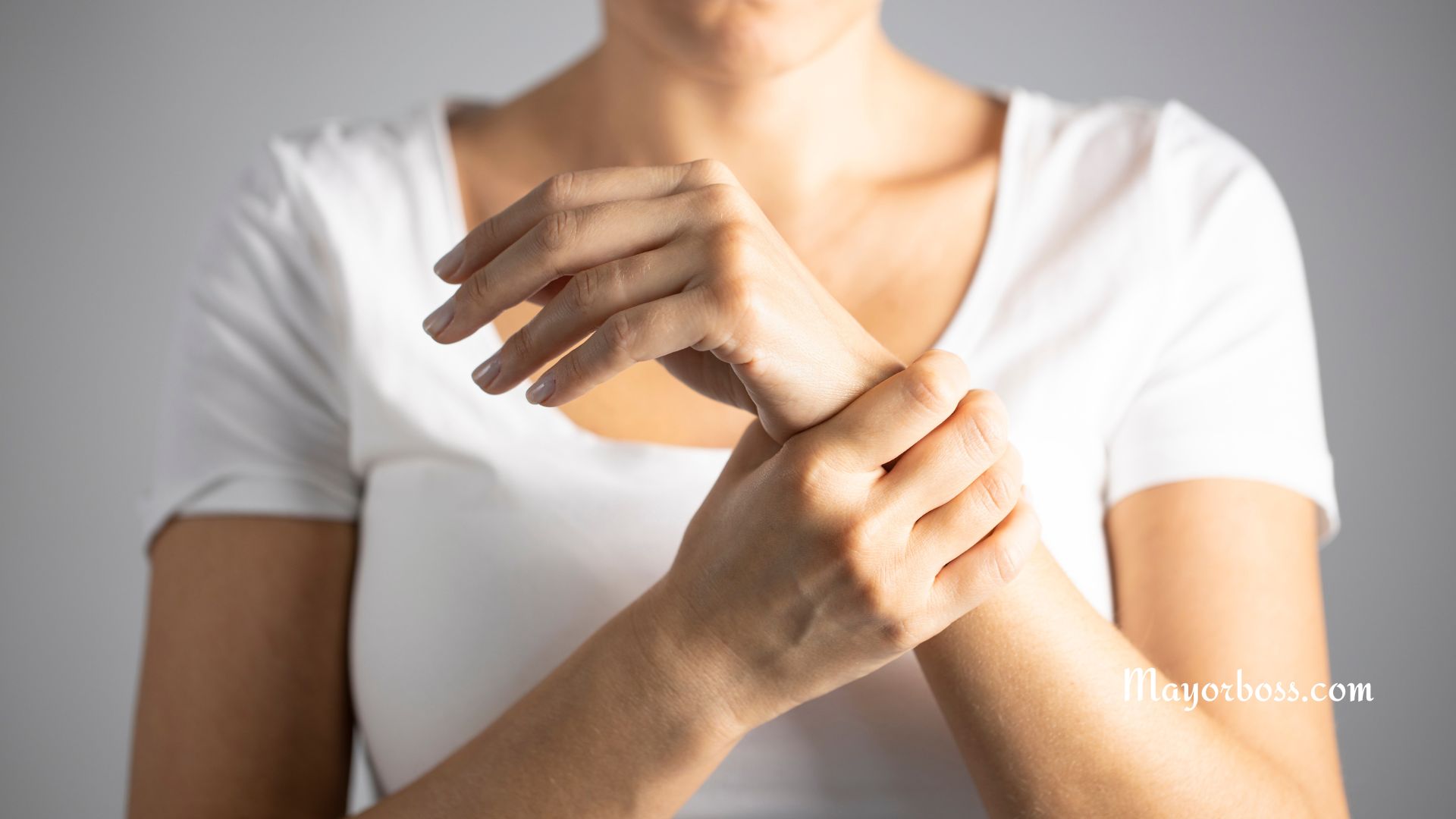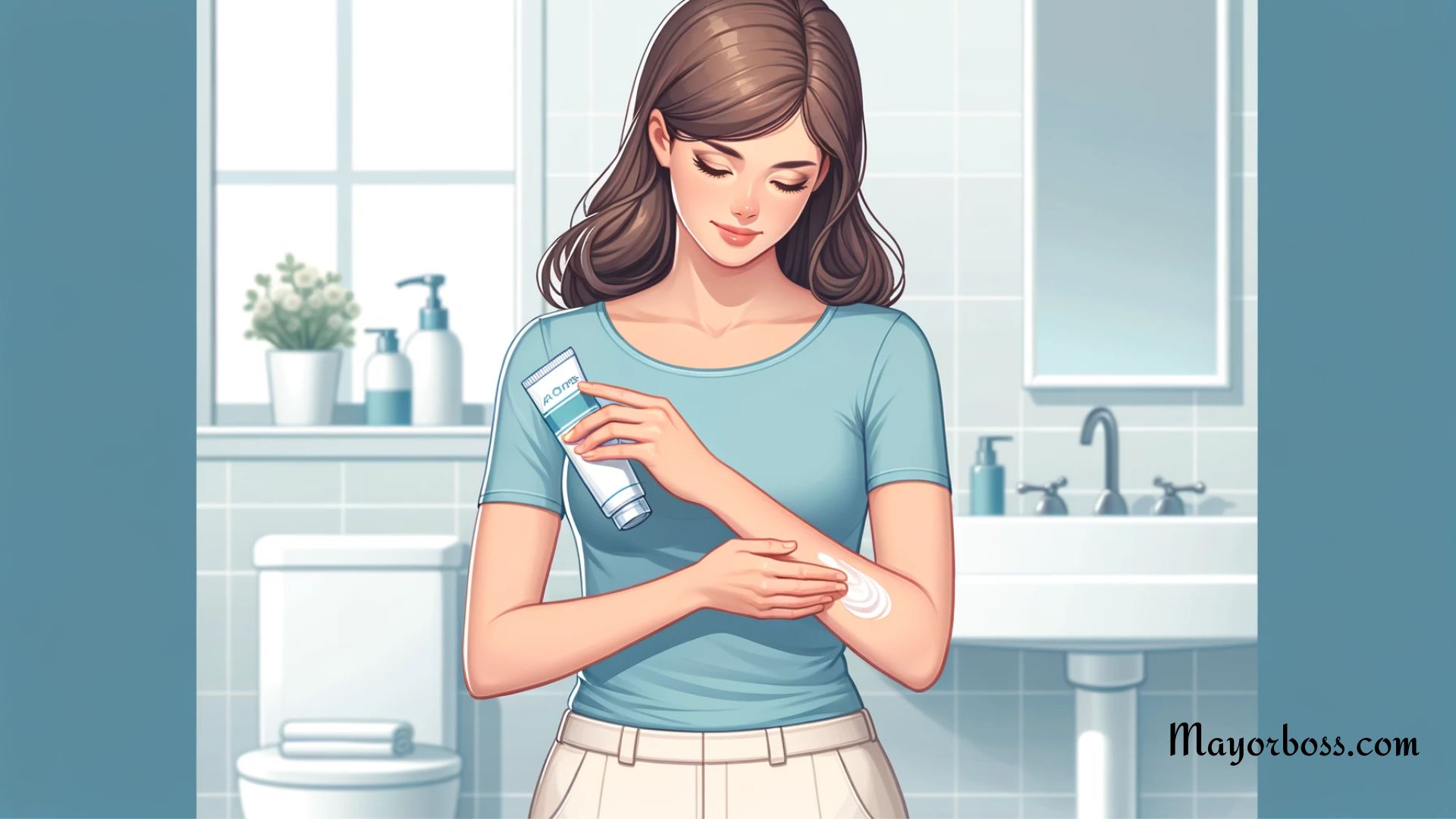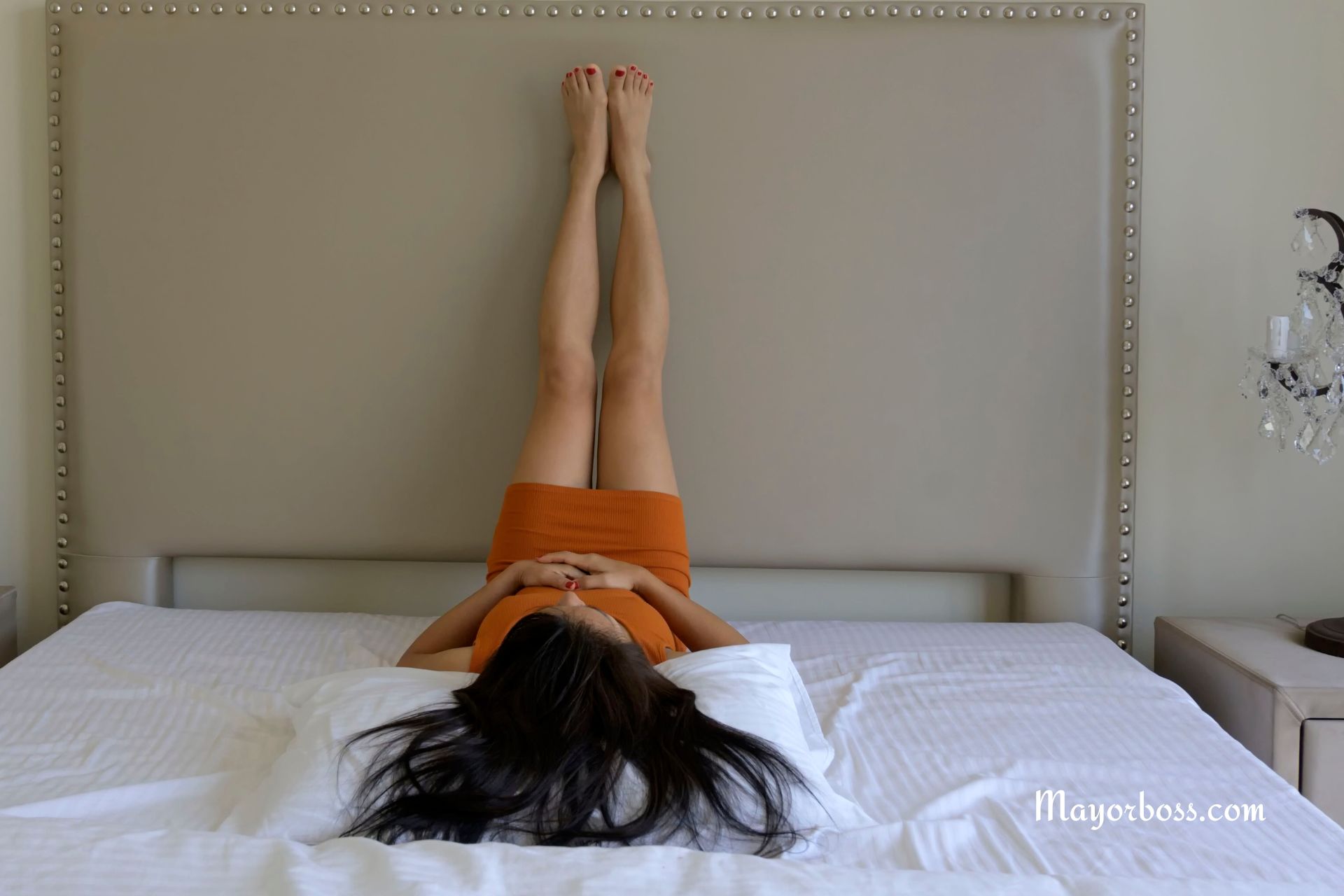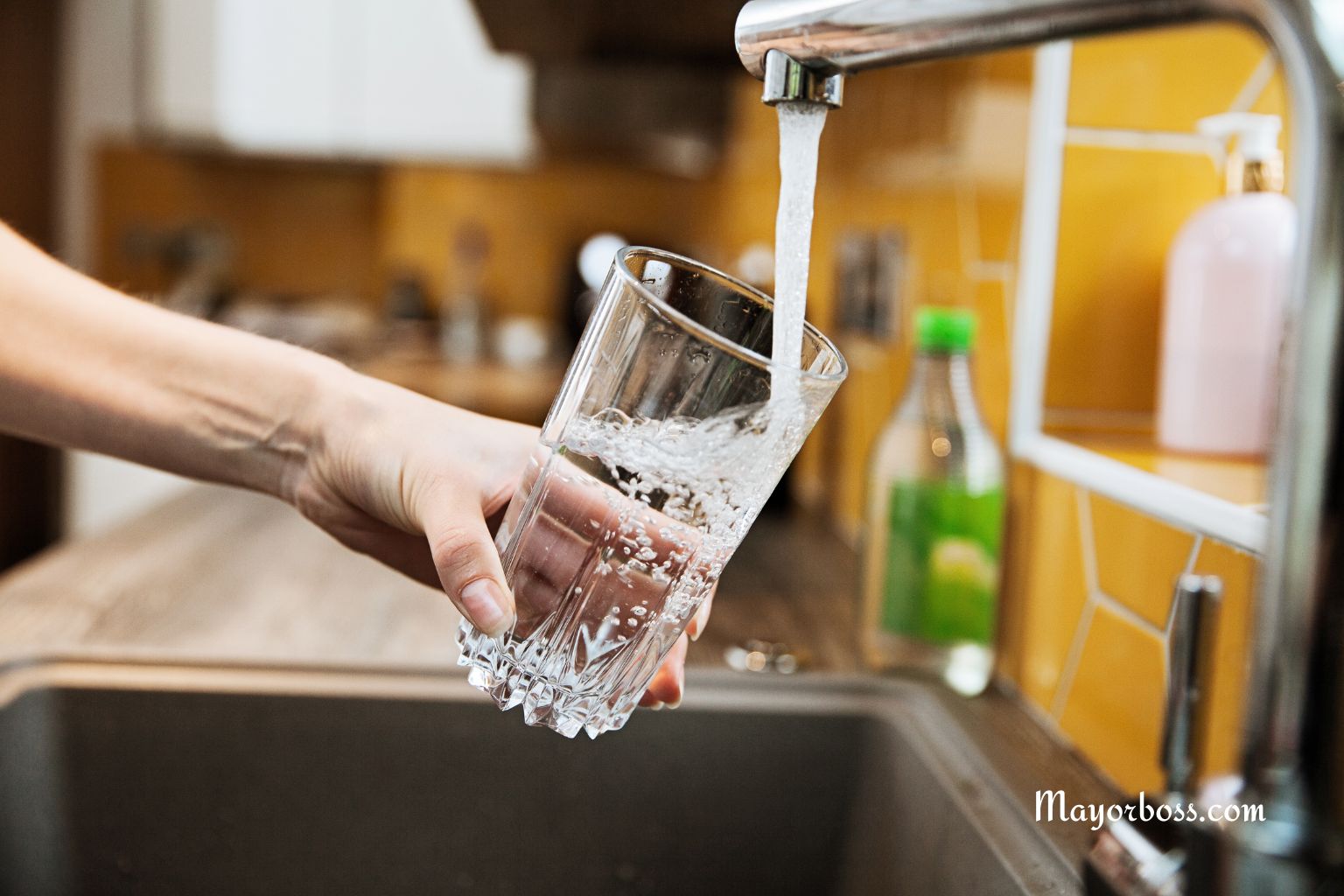Why Do You Drool In Your Sleep?
Drooling while you sleep may seem embarrassing, but it’s usually harmless. Most people drool at some point in their lives. Waking up with a wet spot on your pillow can feel uncomfortable, but it doesn’t always mean something is wrong. In fact, it often has a simple explanation.
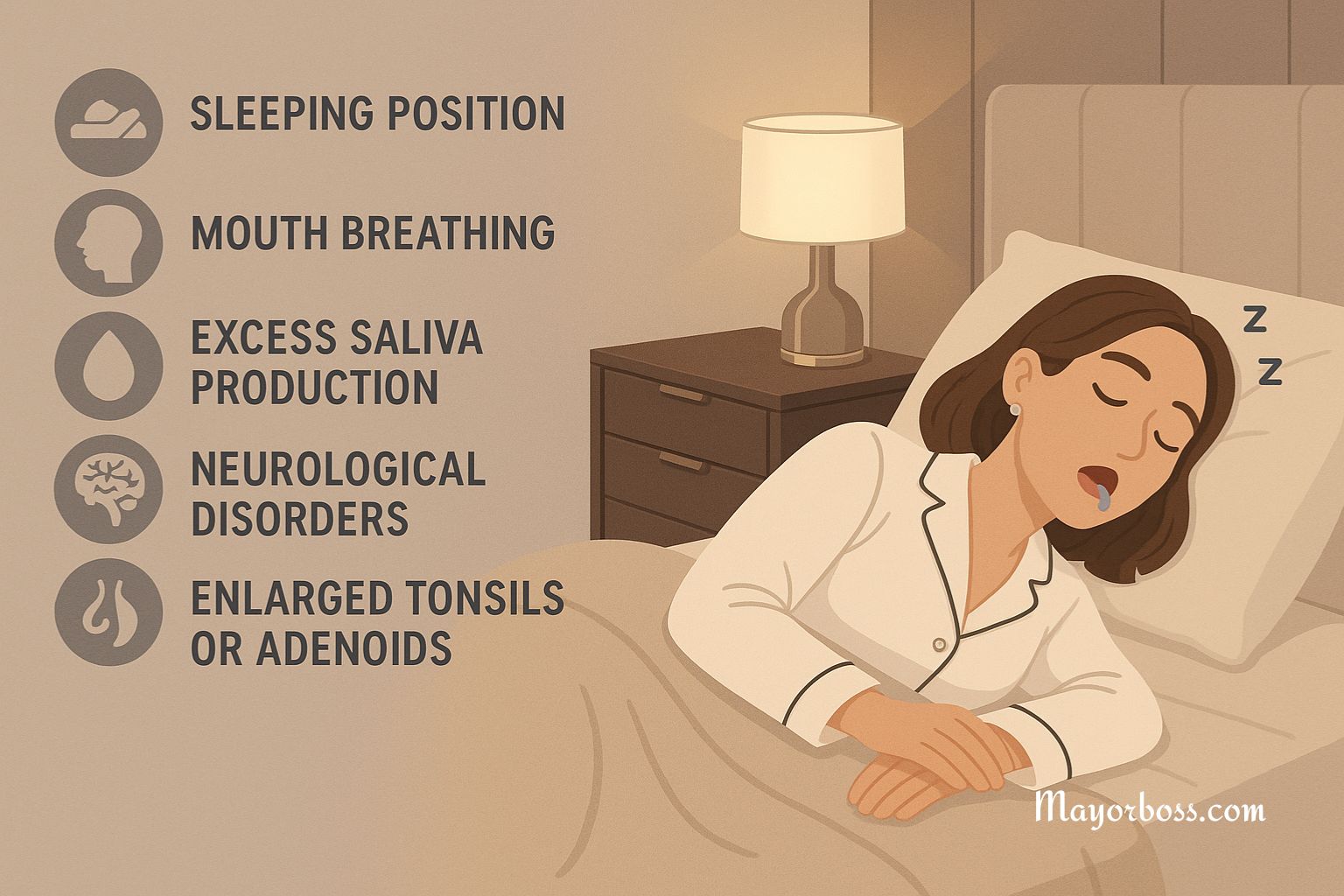
What Is Drooling?
Drooling is the act of saliva spilling out of your mouth. This happens when saliva builds up and you don’t swallow it. During the day, you’re awake and regularly swallow saliva without even thinking. At night, that reflex slows down, especially during deep sleep.1
If your mouth is slightly open and your body is fully relaxed, gravity can pull the saliva out. That’s when drooling occurs.
Common Reasons You Drool in Your Sleep
1. Sleeping Position
This is the most common reason. If you sleep on your side or stomach, gravity pulls saliva toward your pillow. When your mouth relaxes and stays open, drool can easily escape. People who sleep on their backs usually don’t drool as much, because saliva naturally flows to the back of the throat and gets swallowed.2
2. Mouth Breathing
If your nose is stuffy due to allergies, a cold, or a sinus infection, you may breathe through your mouth. This dries out your mouth and changes the way saliva flows. A dry mouth may trigger your body to make more saliva, which can then leak out when your lips part during sleep.
3. Excess Saliva Production
Certain conditions can cause your body to make more saliva than usual. This includes:
- Acid reflux or GERD
- Pregnancy
- Certain medications
- Mouth infections or dental problems
Increased saliva with reduced swallowing at night often leads to drooling.
4. Neurological Disorders
In some cases, drooling is linked to trouble with muscle control, especially around the mouth. This is more common in people with conditions such as:
- Parkinson’s disease
- Cerebral palsy
- ALS (amyotrophic lateral sclerosis)
- Stroke
In these cases, the muscles that help you swallow may not function properly.
5. Sleep Apnea
Sleep apnea is a sleep disorder where breathing repeatedly stops and starts. People with this condition often breathe through their mouths and may drool more. If you also snore loudly or feel tired during the day, you may want to get screened for sleep apnea.
6. Enlarged Tonsils or Adenoids
Enlarged tissues in the throat can block the airway and force you to breathe through your mouth. This can lead to more drooling, especially in children.
When Should You Be Concerned?
Drooling isn’t always a problem, but there are times when it may signal something that needs medical attention. Contact a healthcare provider if you notice:
- Drooling that starts suddenly and continues daily
- Difficulty swallowing (dysphagia)
- Drooling along with slurred speech or facial weakness
- You often wake up choking or gasping
These could point to an issue with your nervous system, muscles, or airways.
How to Reduce Drooling While Sleeping
Here are some helpful tips if drooling is affecting your comfort or quality of sleep:
Change Your Sleeping Position
Try sleeping on your back instead of your side or stomach. This helps keep saliva flowing toward your throat, where it can be swallowed instead of leaking out.
Treat Nasal Congestion
If allergies or colds make you breathe through your mouth, try:
- Using a saline spray before bed
- Sleeping with a humidifier
- Taking allergy medication if recommended
Clear nasal passages make it easier to keep your mouth closed while you sleep.
Practice Good Oral Hygiene
Keep your mouth and teeth clean to prevent infections that may increase the amount of saliva. Regular dental visits also help detect problems that can cause drooling.
Address Underlying Conditions
If you suspect issues like sleep apnea or reflux, talk to your doctor. Treating these conditions can reduce symptoms like mouth breathing and excess saliva.
Consider Medication (In Rare Cases)
If drooling is severe and linked to a medical disorder, your doctor may recommend medications to reduce saliva production. These are usually reserved for neurological conditions or extreme cases.
Final Thoughts
Drooling during sleep is usually harmless, especially if it happens once in a while. Most often, it’s tied to your sleeping position or breathing habits. But if it becomes frequent, disrupts your sleep, or comes with other symptoms, talk with your doctor.
FAQs
1. Is it normal to drool while sleeping?
Yes, occasional drooling during sleep is common and usually not a cause for concern. It’s often related to sleeping position or mouth breathing.
2. Does drooling mean I’m in deep sleep?
Possibly. Deep sleep relaxes the facial muscles, including those that keep your mouth closed. This may lead to drooling, especially if you’re lying on your side.
3. Can stress cause drooling in sleep?
Stress doesn’t usually cause drooling directly, but it can affect your sleep quality and lead to behaviors like clenching or grinding that might change how your mouth moves during rest.
4. What if I drool every night?
If you drool consistently, consider checking for nasal blockage, acid reflux, or even sleep apnea. A sleep study or doctor’s evaluation may help identify the cause.
5. Can children drool in their sleep, too?
Yes, especially toddlers and young children. It’s often due to teething or enlarged tonsils and usually improves as they grow older.

